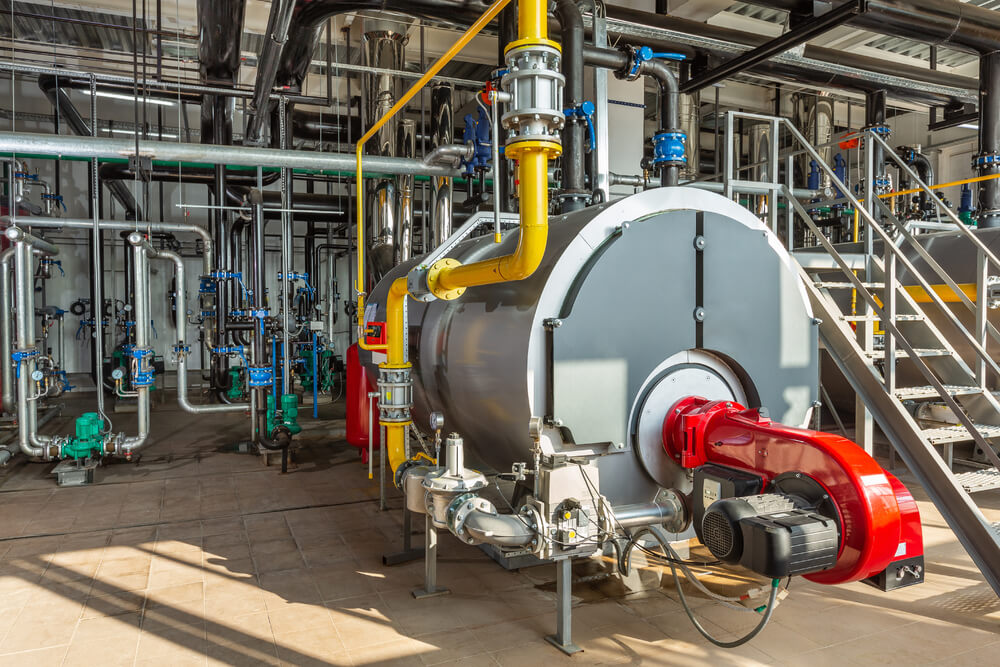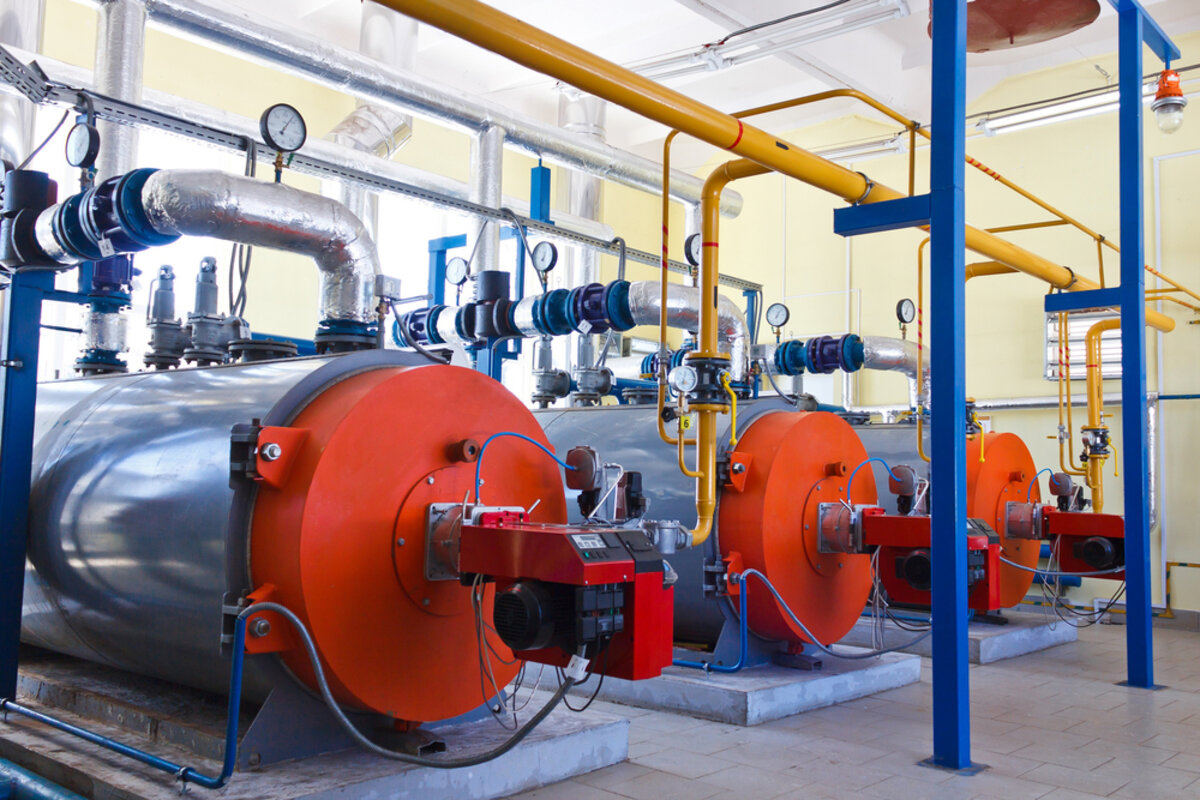Industrial burners are essential components in various industries, providing the heat necessary for critical processes. The choice of fuel for an industrial burner is a crucial decision, as it directly impacts efficiency, emissions, and overall performance. The most commonly used fuel options for industrial burners include natural gas, oil, and dual-fuel systems. Each fuel option has its own set of advantages and disadvantages, making it important to understand their characteristics and suitability for specific applications.
Natural Gas Industrial Burners
Natural gas industrial burners have gained popularity due to their availability, cleanliness, and relatively low cost. They utilize natural gas as the primary fuel source, which is a mixture of hydrocarbon gasses found underground. Natural gas burners offer several advantages for industrial applications.
Advantages of Natural Gas Industrial Burners
Natural gas stands out as a clean-burning fuel option, contributing to a notable reduction in emissions when compared to other fossil fuels. This characteristic not only aligns with environmental sustainability goals but also underscores its role in mitigating the overall environmental impact. Beyond its eco-friendly attributes, natural gas burners offer exceptional efficiency through efficient combustion processes, translating into lower fuel consumption and operational costs when using industrial burners.
Moreover, the widespread availability of natural gas in many regions makes it a highly convenient and accessible fuel option for various applications. In addition to its environmental and efficiency advantages, natural gas burners demand minimal maintenance compared to alternative fuel options, resulting in reduced downtime and operational disruptions. This combination of cleanliness, efficiency, availability, and low maintenance positions natural gas as a compelling and practical choice for a variety of applications.
Disadvantages of Natural Gas Industrial Burners
Natural gas, while advantageous, has limitations worth noting. Its lower energy density necessitates larger storage capacities, potentially posing challenges in constrained spaces. Industrial facilities relying on natural gas must have access to pipelines or storage facilities, which may not be universally available. Furthermore, natural gas prices can be volatile, impacting overall operational costs. Despite these drawbacks, strategic planning is key to effectively navigating and leveraging the benefits of natural gas.
Oil Industrial Burners
Oil industrial burners utilize various types of fuel oils, such as diesel, heavy fuel oil, or waste oils, for combustion. They are widely used in industries where natural gas availability is limited or when specific fuel characteristics are required.
Advantages of Oil Industrial Burners
Oil stands out with its high energy density, making it ideal for applications requiring substantial heat output. Its burners offer versatility, accommodating various oil types for industries with diverse fuel availability. Additionally, the generally stable oil prices provide predictability, offering businesses a reliable and adaptable fuel solution.
Disadvantages of Oil Industrial Burners
Oil, as a fuel source, has drawbacks to consider. Its combustion leads to higher emissions of pollutants compared to natural gas. Additionally, oil requires specific storage infrastructure, adding complexity and maintenance needs. Achieving optimal combustion efficiency with oil burners may also demand more careful tuning and maintenance than natural gas counterparts. While oil has its benefits, these considerations underscore the importance of weighing its drawbacks when selecting it as a fuel source.
Dual-Fuel Industrial Burners
 Dual-fuel industrial burners offer the flexibility of utilizing two different fuel sources, typically natural gas and oil. This allows industries to switch between fuels based on availability, cost, or specific requirements.
Dual-fuel industrial burners offer the flexibility of utilizing two different fuel sources, typically natural gas and oil. This allows industries to switch between fuels based on availability, cost, or specific requirements.
Advantages of Dual-Fuel Industrial Burners
Dual-fuel industrial burners present several advantages in the realm of fuel availability and cost optimization. These industrial burners offer the flexibility to switch between natural gas and oil, ensuring a continuous heat supply even if one fuel source becomes unavailable. This adaptability allows for selecting the fuel with the lowest cost or best availability at any given time, contributing to cost efficiency in operations.
Additionally, the redundancy provided by dual-fuel burners acts as a reliable backup in case of fuel supply disruptions, mitigating the risk of downtime in critical processes. Overall, the versatility and backup capabilities of dual-fuel burners make them a strategic choice for industries prioritizing continuous and cost-effective operations.
Disadvantages of Dual-Fuel Industrial Burners
Dual-fuel burners offer versatility but come with challenges. They require additional infrastructure, increasing system complexity. Maintenance needs may be higher, demanding more frequent attention to prevent issues related to fuel switching. Additionally, dual-fuel systems often involve a higher upfront investment due to extra components and controls. Industries should carefully assess these factors to determine the suitability of dual-fuel burners for their operational needs.
Choosing The Best Fuel Option for Industrial Burners
Selecting the right fuel option for industrial burners is a critical decision that impacts efficiency, emissions, and overall performance. Natural gas, oil, and dual-fuel burners offer different advantages and disadvantages, making it essential to carefully evaluate factors such as availability, cost, and environmental impact. By considering specific operational requirements and future trends in fuel options, industries can make informed decisions that align with their sustainability goals and optimize their industrial processes. Contact Lindberg Process Equipment today for more information on industrial burners.





